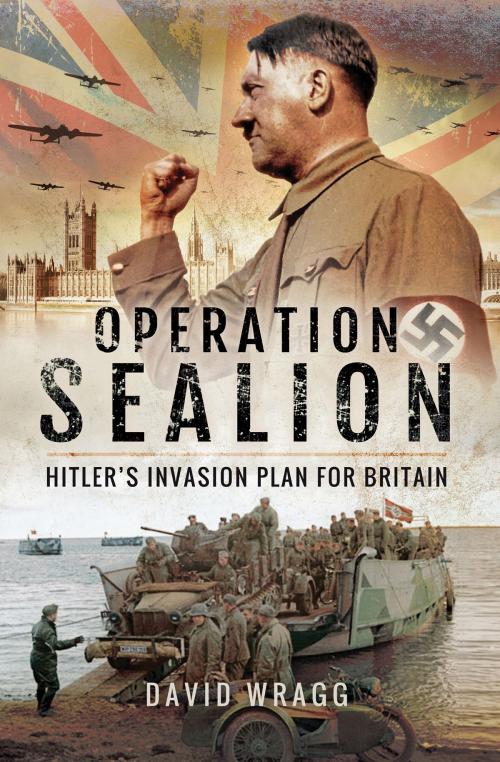Operation Sealion
Hitler's Invasion Plan for Britain
Nonfiction, Reference & Language, Transportation, Aviation, History, British, Military, World War II| Author: | David Wragg | ISBN: | 9781473867406 |
| Publisher: | Pen and Sword | Publication: | November 30, 2016 |
| Imprint: | Pen and Sword Military | Language: | English |
| Author: | David Wragg |
| ISBN: | 9781473867406 |
| Publisher: | Pen and Sword |
| Publication: | November 30, 2016 |
| Imprint: | Pen and Sword Military |
| Language: | English |
During the Summer of 1940, Hitlers Germany appeared unstoppable. The Nazis were masters of mainland Europe, in alliance with Stalins Russia and only the English Channel prevented an immediate invasion.
Britain stood alone. The BEF had been routed but, due to the Dunkirk miracle, most of her manpower had returned albeit without their transport and heavy equipment and guns. There was no doubt that the Nazis planned to invade all intelligence pointed that way. In the event it never materialised, thanks to the outcome of the Battle of Britain and Hitlers decision to invade Russia.
Operation SEALION examines just how realistic the German threat of invasion was. The author studies the plans, the available capability and resources, the Germans record in Norway and later Crete. The author weighs these against the state of Britains defences and the relative strengths of the land, air and particularly naval forces.
The result is a fascinating study of what might or might not have been.
During the Summer of 1940, Hitlers Germany appeared unstoppable. The Nazis were masters of mainland Europe, in alliance with Stalins Russia and only the English Channel prevented an immediate invasion.
Britain stood alone. The BEF had been routed but, due to the Dunkirk miracle, most of her manpower had returned albeit without their transport and heavy equipment and guns. There was no doubt that the Nazis planned to invade all intelligence pointed that way. In the event it never materialised, thanks to the outcome of the Battle of Britain and Hitlers decision to invade Russia.
Operation SEALION examines just how realistic the German threat of invasion was. The author studies the plans, the available capability and resources, the Germans record in Norway and later Crete. The author weighs these against the state of Britains defences and the relative strengths of the land, air and particularly naval forces.
The result is a fascinating study of what might or might not have been.















